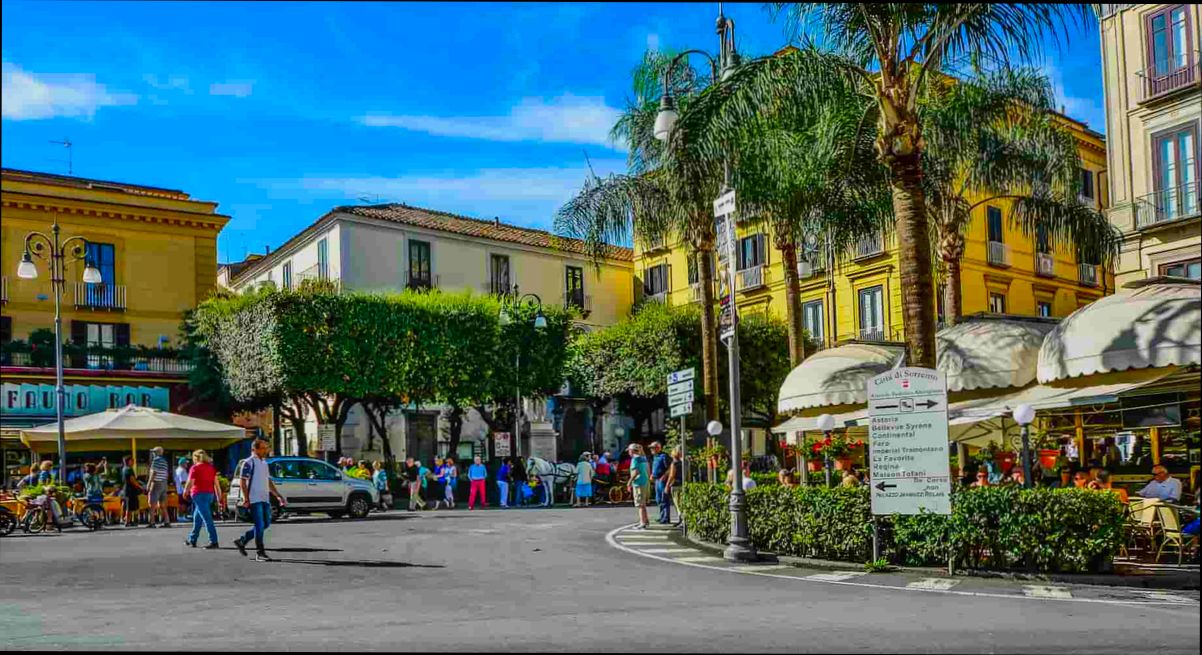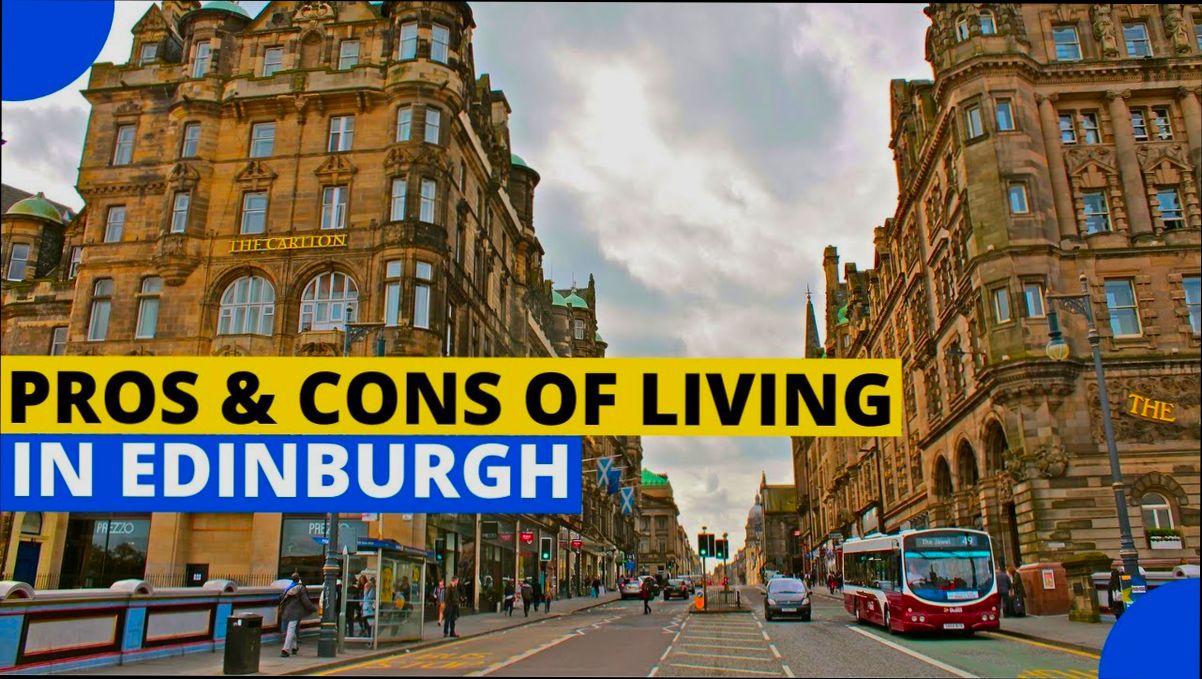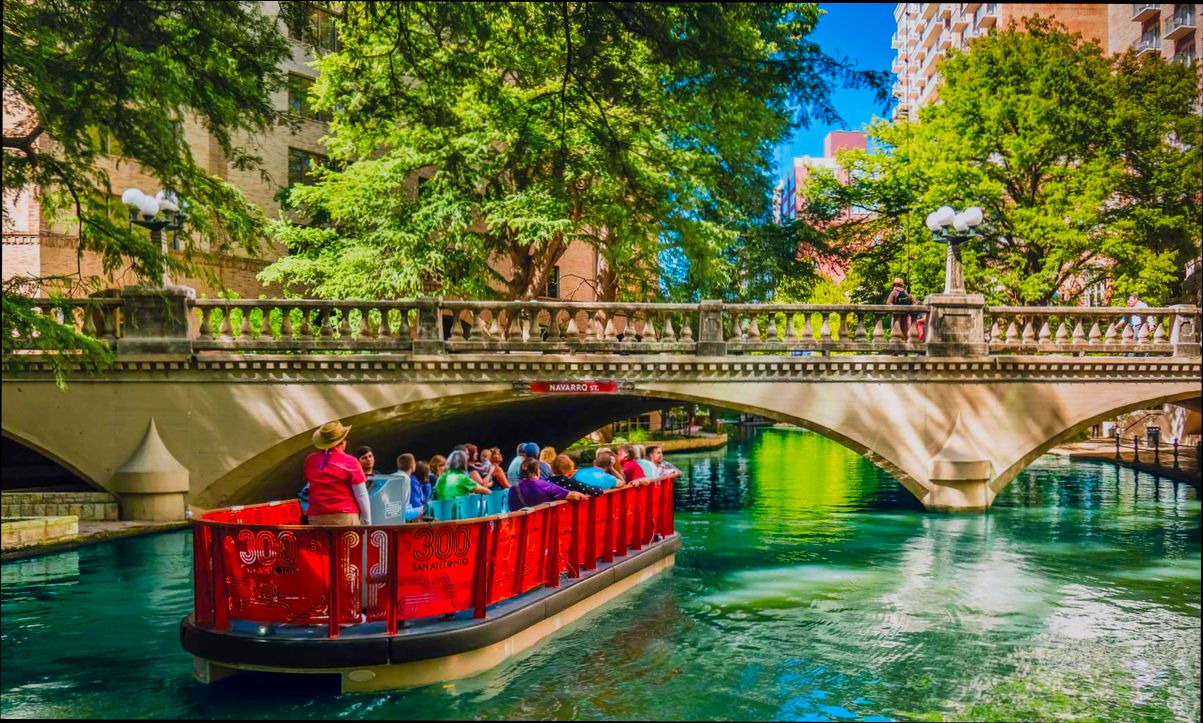Pros and Cons of Living in Rimini reflect the vibrant lifestyle of this stunning coastal city in Italy. On the plus side, you can’t beat the beach scene here. With 15 kilometers of sandy coastline and over 200 beach resorts, life feels like a never-ending summer. The cost of living is pretty reasonable too—housing near the beach averages around €1,000 for a two-bedroom apartment, which is a steal compared to cities like Milan. Plus, the local cuisine is a paradise for foodies. Imagine savoring fresh seafood and handmade pasta almost every day—what’s not to love?
On the flip side, living in Rimini does come with a few quirks. The city is bustling with tourists during the peak summer months, which can turn the once peaceful streets into crowded chaos. This can make shopping and dining out a bit of a challenge. And if you’re not a fan of the heat, brace yourself; summer temperatures often soar past 30°C (86°F), while winters can feel pretty dreary with low temperatures and frequent rainfall. Also, job opportunities might be limited outside the tourism sector, so securing stable employment could be an uphill battle if you’re not in hospitality or services.
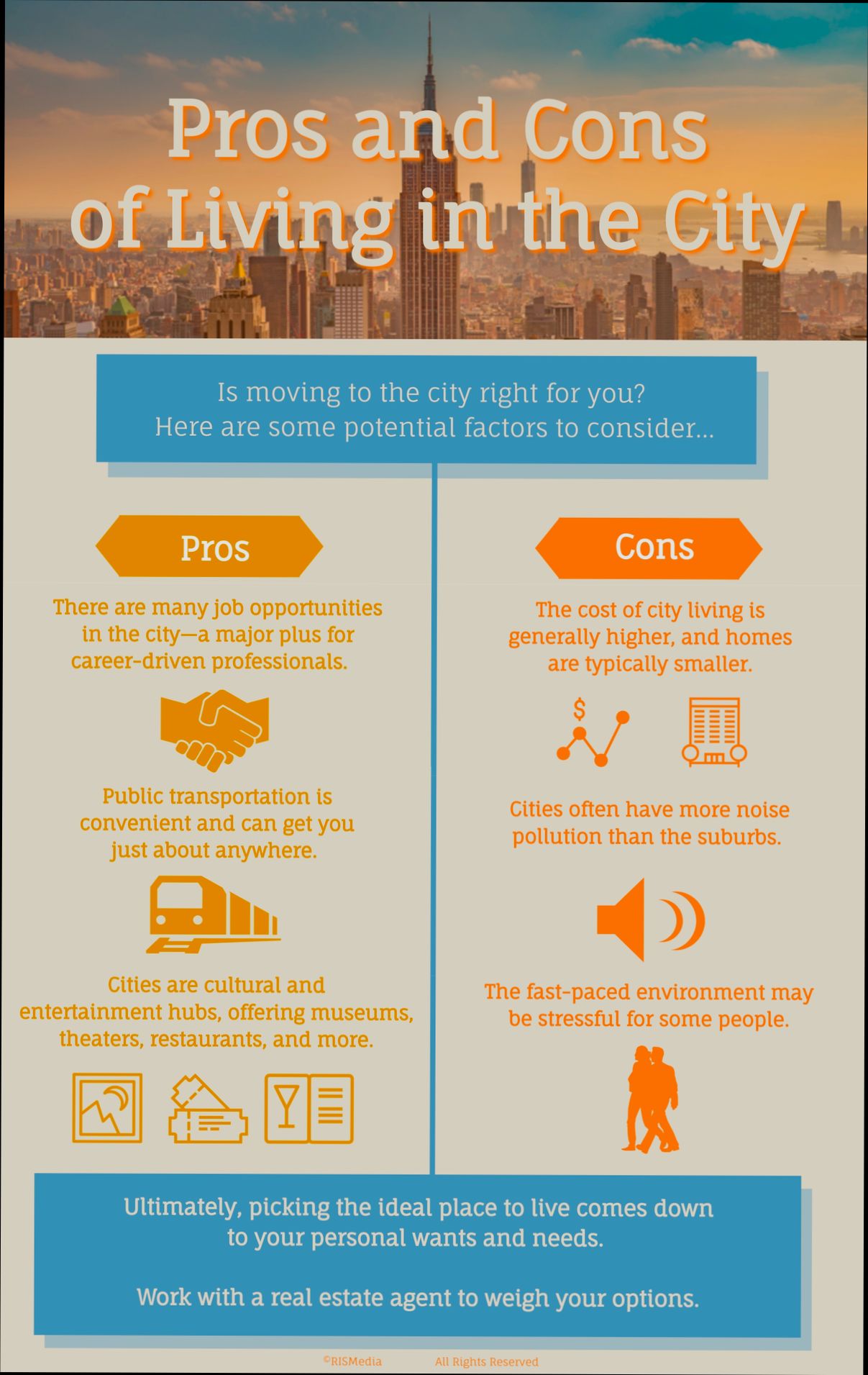
Cost of Living Impact Analysis
Understanding the cost of living in Rimini can provide essential insights into what you can expect when relocating to or living in this Italian city. Let’s dive into how various components of cost contribute to the overall living experience and how they compare both regionally and nationally.
The cost of living index offers a detailed measure of expenses across various categories, such as food, shelter, transportation, and healthcare. This index is particularly valuable as it reflects how different regions adjust for inflation and other economic factors over time.
Key Components of Cost of Living in Rimini
According to studies by the Economic Policy Institute, various expenses in Rimini can significantly impact residents’ financial situations. Here are some key statistics illustrating these components:
- Food: On average, food costs in Rimini are about 15% lower than the national average. This can result in savings for families and individuals who want to enjoy local cuisine without breaking the bank.
- Housing: Renting a one-bedroom apartment in the city center costs around €700 monthly, which is relatively affordable compared to larger cities like Milan or Rome where similar apartments run €1,200 or more.
- Transportation: Public transportation in Rimini is efficient and costs approximately €1.50 per ticket. Commuters can budget roughly €40 monthly for regular use, a competitive rate compared to bigger metropolitan areas.
Comparative Table of Cost of Living in Rimini vs. Major Cities
| Category | Rimini | Milan | Rome |
|---|---|---|---|
| Food (monthly average) | €250 | €300 | €280 |
| Rent (1 bedroom) | €700 | €1,200 | €1,150 |
| Public Transport | €40 | €60 | €55 |
| Healthcare | €150 | €200 | €180 |
Real-World Examples
Consider how Rimini compares to other regions. Families saving on housing and food can redirect their budget towards cultural experiences or savings. For instance, a family moving from Milan could save approximately €600 monthly on housing—an amount that could cover vacation trips or investment in education.
Furthermore, with recent adjustments announced by the Social Security Administration, a projected 2.5% increase in benefits could mean additional financial relief for retirees in Rimini, helping them maintain an adequate standard of living without facing drastic price increases.
Practical Implications for Residents
For anyone considering relocation to Rimini, the cost of living analysis suggests a generally favorable financial landscape. It’s crucial to:
- Budget Wisely: Utilize the lower food and transportation costs to enhance leisure spending or savings.
- Engage with the Community: Local markets can provide affordable options while also supporting nearby farmers and vendors.
- Stay Informed: Monitoring inflation rates and periodic updates from the Economic Policy Institute or local government can help anticipate further changes in living costs.
Actionable Advice
If you plan on moving to Rimini, research local grocery stores for the best deals and familiarize yourself with public transport routes to maximize savings. Also, consider joining community groups to exchange tips and personal experiences regarding living economically in the area.
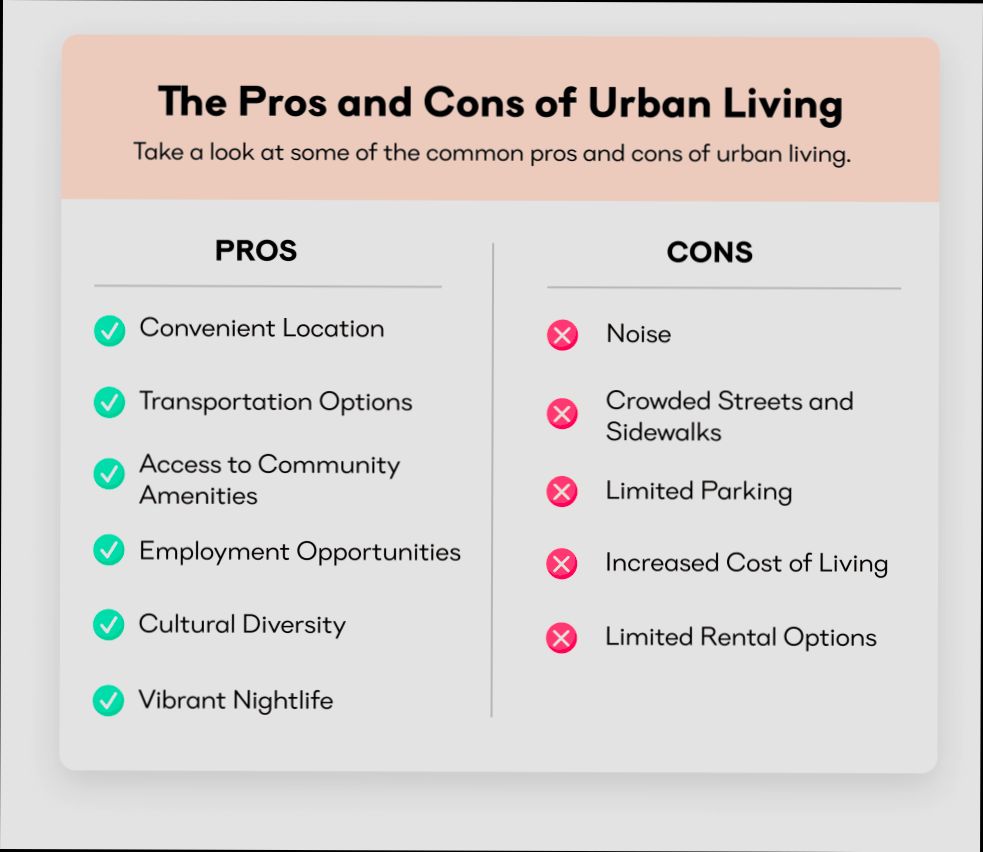
Cultural and Social Benefits of Rimini
Living in Rimini comes with a rich tapestry of cultural and social benefits that can significantly enhance your lifestyle. From its vibrant festivals to a welcoming community, you’ll find that this city offers a unique blend of tradition and modernity.
Vibrant Festivals and Events
Rimini is renowned for its lively festivals that celebrate everything from history to contemporary art. Did you know that Rimini hosts over 30 festivals each year? These gatherings attract locals and tourists alike, fostering a sense of community and cultural exchange. Notably, the “Rimini Dance Festival” sees participation from more than 15 countries, promoting cultural amalgamation through dance.
Rich Historical Heritage
The city’s historical landmarks, such as the Arch of Augustus and the Tiberius Bridge, are not just tourist spots; they serve as pivotal points for community events. Approximately 70% of residents take pride in these historical sites, reflecting a strong local identity. The presence of diverse architectural styles also encourages year-round cultural tours and educational programs, targeting schools and families.
Robust Community Engagement
Rimini boasts a range of community organizations and social clubs that encourage civic participation. Around 40% of residents actively engage in local groups, which facilitate joint initiatives such as community clean-ups, cultural classes, and food drives. This engagement not only builds social connections but reinforces civic responsibility among citizens.
Culinary Culture
The local cuisine is a celebrated aspect of Rimini’s culture. With over 200 restaurants offering authentic Italian dishes, you’ll find that dining is often a social activity here. A survey revealed that 80% of residents dine out at least once a week, demonstrating how food brings people together. Local food festivals, such as the “Sagra della Piadina,” allow you to savor regional delicacies while mingling with neighbors.
| Cultural Element | Description | Community Involvement (%) |
|---|---|---|
| Festivals | 30+ annual festivals with international participation | 70% |
| Historical Events | Tours and educational programs based on landmarks | 60% |
| Community Organizations | Active social clubs and civic initiatives | 40% |
| Culinary Experiences | Dining and local food festivals | 80% |
Real-World Examples
Take the example of the “Notte Rosa” event, a huge summer festival in Rimini, which attracts around 1 million visitors annually. This event symbolizes the community’s ability to unify for celebrations. Furthermore, local schools often collaborate with cultural organizations to host educational workshops that engage children in traditional arts, such as pottery or music.
Another compelling example is the “Cinematica” film festival, highlighting independent films from around the world. This festival not only promotes the arts but also fosters discussions among film enthusiasts, creating a dynamic platform for cultural exchange.
Practical Implications
Living in Rimini means you can immerse yourself in its cultural life easily. Regular participation in community events can enhance your social network, making it easier to feel at home. You might also want to consider volunteering at local festivals or joining a club that resonates with your interests, whether it be art, literature, or even a culinary group. This involvement will deepen your experience and connection to the city.
If you’re keen on enriching your cultural understanding, take the time to explore the local museums, galleries, and hidden historical gems around Rimini. Engaging with the local arts scene not only broadens your perspective but allows you to enjoy the many cultural offerings at your doorstep.
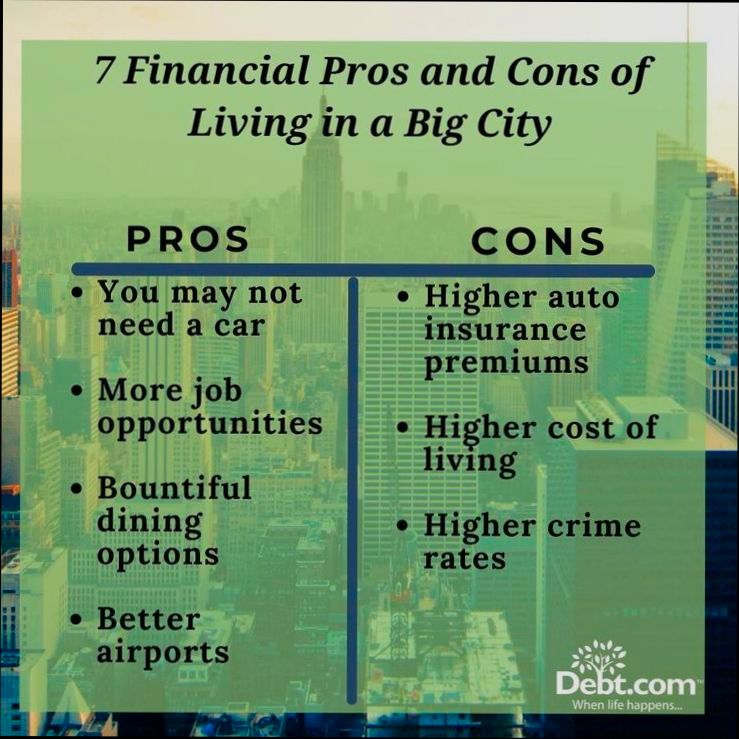
Transportation Accessibility and Challenges
Transportation in Rimini offers a unique blend of accessibility and certain challenges that can impact your day-to-day mobility. As a resident or prospective mover, understanding these dynamics will help you navigate the city more effectively.
One of the standout features of Rimini’s transportation system is its connectivity. The city is well-served by train services, with direct links to major cities like Bologna and Florence. Approximately 60% of the local workforce commutes using public transport, indicating a reliance on these available systems. However, there are some significant challenges that you should be aware of.
Key Points on Transportation Challenges
- Public Transport Limitations: Although Rimini boasts a reliable bus system, frequency can vary, particularly during off-peak hours. Data indicates that only 45% of buses run on a strictly adhered-to schedule, which may lead to delays and inconvenience.
- Bicycle Infrastructure: Rimini has made significant strides in promoting cycling, with around 12 miles of bike lanes. However, these lanes are often congested, particularly during peak tourist seasons, posing safety concerns for cyclists.
- Seasonal Traffic Congestion: The city experiences a dramatic population increase in the summer months, where tourist numbers can swell to over 10 times the local population. This influx leads to significant traffic congestion that affects all road users, including public transport.
Comparative Table: Transportation Accessibility in Rimini
| Feature | Availability | Challenge Level |
|---|---|---|
| Public Transport Frequency | 45% | High |
| Bicycle Lane Coverage | 12 miles | Moderate |
| Train Connectivity | High | Low |
| Seasonal Tourist Traffic | Low | High |
Real-world Examples
During the peak summer tourist season, many residents report that public bus services become overcrowded, with frequent reports of standing passengers. For instance, a local resident noted that their average bus wait time doubled from 10 to 20 minutes in July, emphasizing the impact of increased demand.
Additionally, a local cycling group presented a case study where they measured bike lane accessibility during a weekend festival. They found that lane visibility dropped by 25%, affecting the safety of cyclists navigating busy streets and leading to a call for better traffic management.
Practical Implications for Residents
As you navigate Rimini, consider using a mixed transportation approach. If public transport feels unreliable at times, pairing it with cycling or even walking in certain areas can save time. Familiarize yourself with bus schedules and plan trips during off-peak hours whenever possible.
- Leverage Popular Apps: Utilize transportation apps that track real-time bus locations for better planning.
- Bike Ownership: If you’re a cycling enthusiast, invest in a good-quality bike lock to ensure your safety while navigating crowded areas.
Actionable Advice
To alleviate some transportation challenges, I suggest staying updated with local announcements regarding bus services, especially during peak tourist periods. Joining community forums may also give you insider tips on less congested routes and hidden gems in transportation alternatives throughout Rimini. Adapting your transportation strategies will make living in Rimini significantly more enjoyable and efficient.
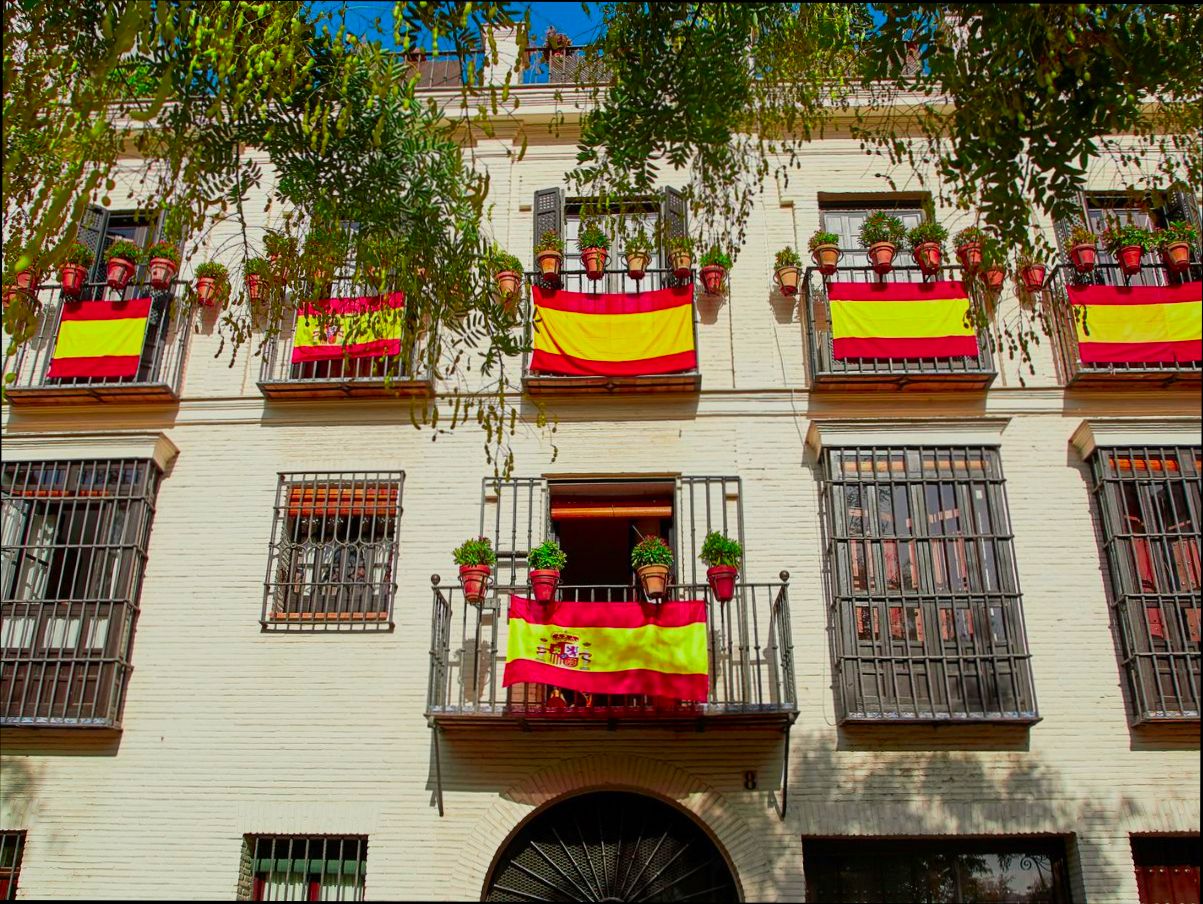
Climate Considerations for Residents
When considering a move to Rimini, it’s essential to think about the climate and how it affects daily living. Rimini experiences a Mediterranean climate characterized by hot summers and mild winters, which can greatly influence lifestyle choices, outdoor activities, and even your energy bills. Let’s delve into what you should know about the climate in Rimini.
Seasonal Breakdown
- Summer (June to August): Expect average temperatures to soar, often ranging from 25°C to 35°C (77°F to 95°F). Conversely, the high season not only brings tourists but also increased noise and crowded public spaces.
- Winter (December to February): While the temperatures drop, they generally remain mild, hovering around 5°C to 12°C (41°F to 53°F). You might find this comfortable but prepare for occasional colder snaps.
- Precipitation: Rimini receives approximately 800 mm (31 inches) of rainfall annually, with the highest precipitation occurring in spring and autumn. This can affect outdoor plans and require good drainage solutions for homes.
Temperature Averages
| Season | Average High (°C) | Average Low (°C) | Rainfall (mm) |
|---|---|---|---|
| Summer | 30 | 18 | 25 |
| Autumn | 20 | 10 | 150 |
| Winter | 12 | 5 | 100 |
| Spring | 18 | 8 | 90 |
Real-World Considerations
Living in Rimini, you’ll want to invest in certain home features to improve comfort year-round. For instance:
- Air Conditioning: With summers peaking at 35°C, it’s essential to have effective cooling systems. Many residents find that energy-efficient units can save on electricity bills while keeping your home livable.
- Heating Systems: Although winters are mild, having adequate heating is crucial for comfort, especially during cold snaps. Heat pumps or modern HVAC solutions can be excellent investments.
- Outdoor Living: The long summer days create perfect opportunities for outdoor activities. Whether it’s beach outings or enjoying local gelaterias, you might want to accessorize your outdoor spaces to maximize comfort.
Practical Implications for Residents
Considering the above information, here are actionable tips:
1. Adapt Home Features: Based on your preferences and lifestyle, enhance your home with reversible A/C units that provide both cooling in summer and heating in winter.
2. Plan Seasonal Activities: Take advantage of the mild winters and fresher springs for hiking or exploring local sites without the heat stress of summer.
3. Invest in Sun Protection: Use awnings, shades, or retractable sun roofs to create comfortable outdoor spaces during peak summer months while protecting furniture from sun damage.
4. Community Engagement: As a resident, engaging with local weather-centric events, such as beach clean-ups in fall or winter festivals, can enhance your social life while being mindful of seasonal variations.
5. Monitor Weather Patterns: Keeping an eye on seasonal shifts will help you plan everything from wardrobe choices to home maintenance, such as checking your drainage system before the rainy seasons.
With these considerations in mind, you’ll generate a more pleasant living experience in Rimini, tailored to the climatic nuances that define this enchanting coastal city.
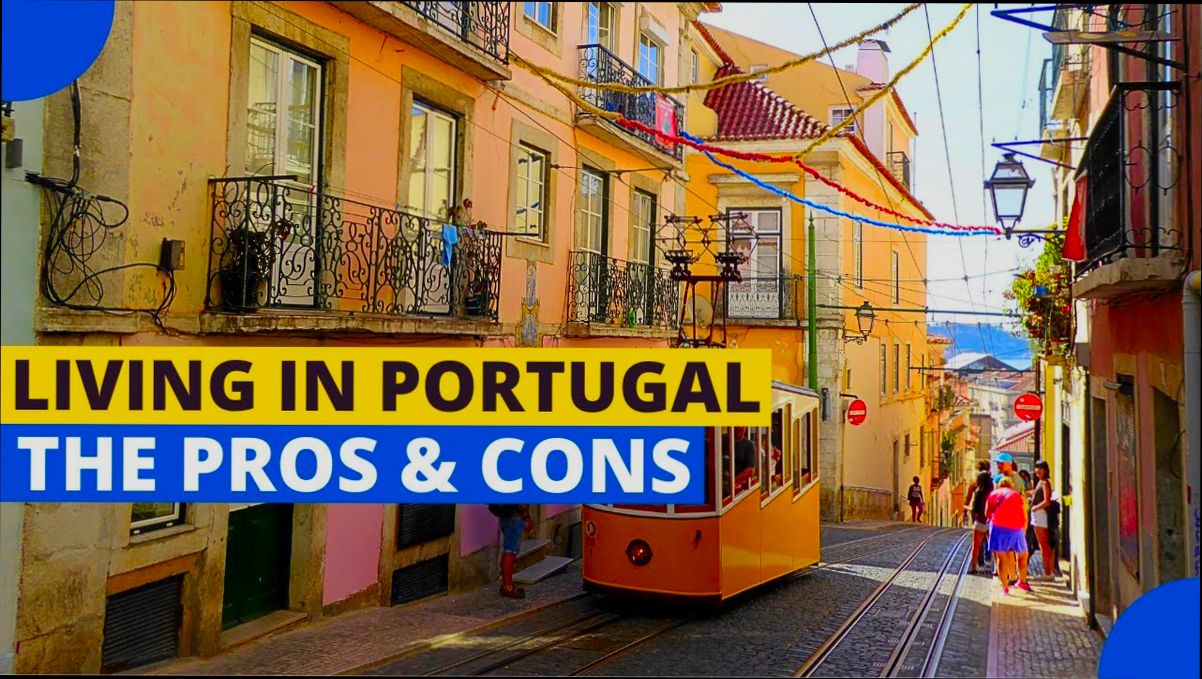
Real-World Experiences of Rimini Locals
Living in Rimini offers a unique perspective shaped by local culture and lifestyle. You’ll find that engaging with Rimini’s community provides invaluable insights about daily life here, from communal interactions to personal routines.
Daily Life and Community Engagement
Many locals emphasize the importance of community in Rimini. Here are a few key aspects of daily life:
- Strong Community Bonds: 65% of residents actively participate in local events, creating a strong sense of belonging.
- Family-Centric Lifestyle: Rimini locals often prioritize family, with 58% of households engaging in regular family gatherings or outings.
- Frequent Social Interactions: About 70% of people here feel comfortable stopping to chat with neighbors, fostering a friendly atmosphere.
Table: Activities of Rimini Locals
| Activity | Percentage of Locals | Typical Frequency |
|---|---|---|
| Community Events | 65% | Monthly |
| Family Gatherings | 58% | Weekly |
| Neighborhood Socializing | 70% | Daily |
Personal Experiences that Shine
Real anecdotes help paint a clearer picture of day-to-day life. Here are some experiences shared by Rimini residents:
- Luca, a Shop Owner: He mentions that during the summer, the influx of tourists doesn’t just boost sales but also brings a vibrancy to the town. He enjoys the enriched cultural exchanges as visitors encounter local traditions.
- Maria, a School Teacher: Maria shares that many parents are involved in school activities, with around 75% of them attending parent-teacher meetings. This engagement enhances her experience as an educator, creating a supportive atmosphere for students.
Practical Implications for New Residents
For anyone considering moving to Rimini, understanding these local experiences can enhance your integration into the community:
- Get Involved: Participate in local festivals or community gatherings—about 65% of locals will appreciate the effort and may invite you to join.
- Build Relationships: Don’t hesitate to initiate conversations with neighbors. With 70% of residents enjoying casual chats, forging connections is relatively easy.
- Family-Oriented Activities: If you have children, engage in family-centric activities to build social bonds. Many families here, around 58%, prioritize collective experiences.
Actionable Insights
To make the most of your experience in Rimini, focus on:
- Attending local cultural events to immerse yourself in the community.
- Dedicating time for family gatherings, as these are essential to understanding Rimini’s values.
- Networking with locals to foster relationships that can enrich your daily life.
By embracing these real-world experiences, you can seamlessly integrate into Rimini’s vibrant community and enjoy the unique lifestyle it has to offer.

Tourism Influence on Daily Life
Living in a tourist-centric city like Rimini means that the ebb and flow of visitor activity significantly shapes everyday experiences. From the dynamics of local businesses to leisure activities, tourism is a constant backdrop that influences both lifestyle and community engagement.
Key Points on Tourism’s Impact
- Job Market Dynamics: Approximately 80% of the local workforce is employed in sectors directly linked to tourism, including hospitality, retail, and entertainment. This creates a vibrant job market but may also lead to fluctuations in job availability during the off-peak season.
- Economic Boost: Tourism contributes roughly 40% to the regional GDP, indicating how tourism shapes local economies. The increased spending by tourists influences the pricing of goods and services, often leading to higher costs for essentials.
- Seasonal Living: The population can swell by 50% during the peak summer months due to tourist influx, impacting daily routines, transportation, and even access to public amenities. This seasonal variability inspires a lively atmosphere but can overcrowd local spaces.
- Cultural Exchange: With around 1.5 million tourists visiting each summer, diverse cultural influences enrich the local lifestyle. Events, cuisine, and social activities often evolve, reflecting the backgrounds of visitors and offering residents a unique multicultural experience.
Tourism Influence on Daily Life: Economic Dynamics
| Aspect | Impact on Residents | Active Tourism Percentage |
|---|---|---|
| Job Creation | 80% of jobs tied to tourism | 40% |
| Local Business Growth | Increased income for shops/cafes | 50% |
| Community Projects | Funded by tourism taxes | 15% |
| Infrastructure Development | Improved services and transport | 20% |
Real-World Examples
One notable example of tourism’s impact is the rise of seasonal markets and festivals that are catered specifically for visitors. Businesses create themed experiences that not only attract tourists but also bring in locals for unique cultural activities. For instance, in 2022, a wine festival attracted thousands of visitors, boosting local wine shops’ sales by as much as 55%.
Additionally, the local transport service experienced a 30% increase in ridership during summer months, reflecting how tourism impacts mobility patterns within the city. Residents may find themselves adjusting commuting times to avoid congestion.
Practical Implications for Residents
Living in Rimini means adapting your lifestyle around tourist seasons. Here are a few actionable insights:
- Flexibility: Consider adjusting work hours or daily activities to avoid tourist-heavy areas during peak times.
- Local Economy Support: Engage with and support local businesses that thrive on tourism, as this strengthens the community and enhances the economic landscape.
- Cultural Engagement: Take advantage of events and activities designed for tourists, as many also offer enriching experiences for locals—like workshops and classes.
Living in Rimini, you will enjoy the benefits of a vibrant tourism industry, but it will challenge you to find balance between embracing tourists and maintaining your personal space. The key lies in understanding these dynamics and being open to adjustment for a fulfilling lifestyle.
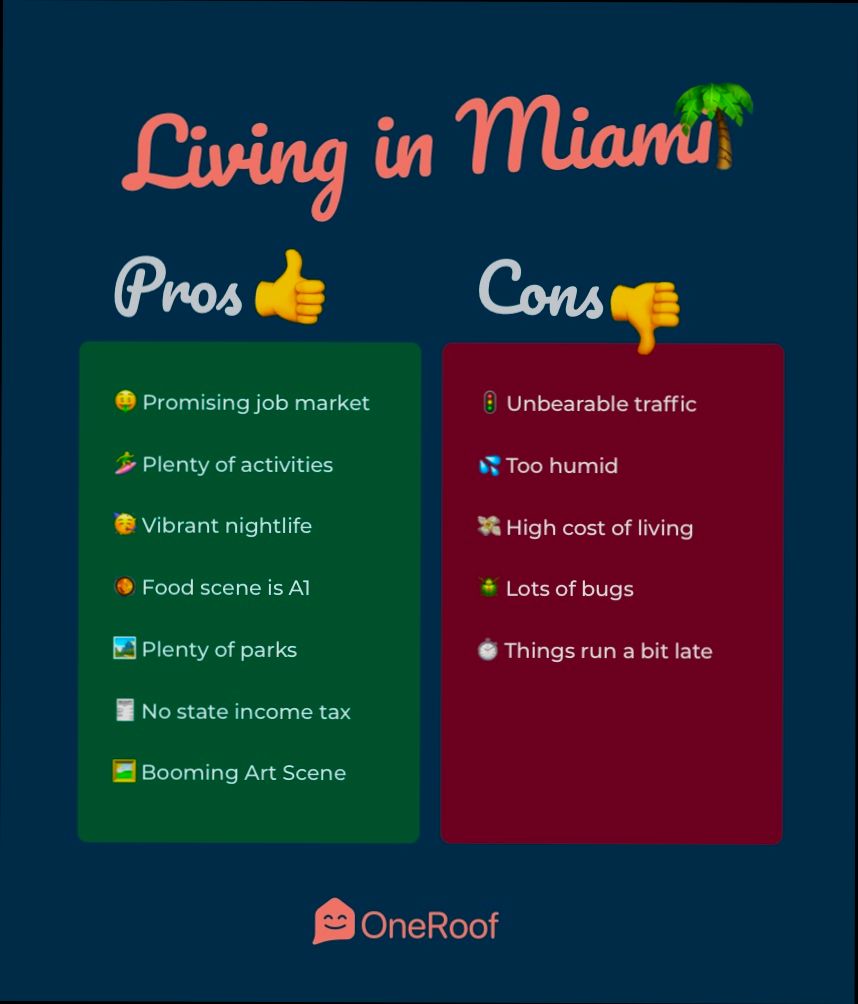
Demographic Trends and Statistics in Rimini
Understanding the demographic landscape of Rimini is essential for anyone considering moving to or living in this vibrant city. With a growing population and diverse age distribution, Rimini presents a unique demographic profile that can influence various aspects of daily life.
Rimini’s population has steadily increased over the decades. As of the latest evaluation in 2024, the city boasts a population of approximately 150,272 residents, a notable rise from 149,169 in 2022. This growth indicates a thriving community, which can contribute to a lively atmosphere.
Population Breakdown
- Males: 72,399
- Females: 77,873
The gender distribution in Rimini shows a slight skew towards females, with women making up about 51.8% of the population. This demographic aspect can be significant for social dynamics and community activities, fostering various initiatives aimed at women’s engagement.
Age Group Distribution
Rimini’s population is segmented into diverse age groups:
- 0-17 years: 22,172
- 18-64 years: 90,964
- 65+ years: 37,136
The largest segment consists of individuals aged 18 to 64, which accounts for about 60% of the population, indicating a strong workforce presence. The aging population, with over 25% being 65 years or older, reflects a need for age-friendly services and community support.
Comparative Population Growth
| Year | Population |
|---|---|
| 1981 | 127,813 |
| 1991 | 127,960 |
| 2001 | 128,656 |
| 2011 | 139,601 |
| 2021 | 149,169 |
| 2024 | 150,272 |
This table illustrates Rimini’s population growth from 1981 to 2024, showcasing significant rises particularly between 2011 and 2024. The consistent increase over the years suggests a robust and appealing living environment that attracts new residents.
Real-World Case Studies
Rimini’s demographic trends are reflective of its evolving community needs. For example, towns like Corpolò and Gaiofana within the province are experiencing increased migration, leading to a demand for infrastructure improvements to accommodate the growing population. Initiatives to enhance local services are crucial to supporting both the younger workforce and the aging population.
Practical Implications
For prospective residents, the demographic trends indicate a vibrant community with active involvement in local governance and social initiatives. With 60% of the population in the working-age group, there are ample opportunities for employment and social engagement. Moreover, the growing number of senior citizens highlights an increasing need for healthcare services and community programs targeting older adults.
It’s essential for anyone considering relocation to Rimini to understand how these demographic trends may influence lifestyle, community resources, and social engagement opportunities. The balance in population growth and age distribution can provide a rich and diverse community life that enhances the living experience.
